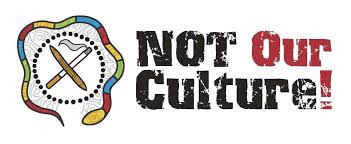To what extent should contemporary society respond to the legacies of historical globalization? Part B
To what extent should contemporary society respond to the legacies of historical globalization?
Responses of Non-Governmental Organizations
How are NGOs responding?
|
Responses to past injustices do not come only from the political activism of an Indigenous group or governments. Individuals and non-governmental organizations, locally and around the world, have taken action to enact change to some of the legacies that historical globalization and imperialism have placed on Indigenous peoples. The responses may be local in nature, but they are examples of citizens acting to find solutions. non-governmental organization (NGO): an organization that is created by private groups or individuals who do not have representation or participation in any government
In Alberta Daniel McKennitt created a response that attempts to resolve an Aboriginal health issue and deal with the decades of assimilation and marginalization that have created barriers to resolving the issue. According to the National Aboriginal Health Organization, in 2005 approximately 60% of the First Nations population in Canada reported being smokers. Of primary concern is the growing trend of smokers in Aboriginal youth. Many of the current stop-smoking programs are Western in perspectives and approaches. Tobacco has a different significance in Aboriginal societies. There is a ceremonial use and a personal use for tobacco. Daniel McKennitt presented an approach that aligned with Aboriginal understandings and traditions for a more effective health strategy to reduce smoking among Aboriginal youth. |
 |
Read
Click here to read more.
Reflection
Perspectives on the Social Issues of Aboriginal Peoples
Reflect on the perspective of how non-Aboriginal peoples have previously approached the social issues of Aboriginal peoples. In what ways is this perspective a legacy of imperialism?